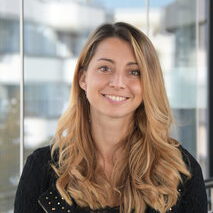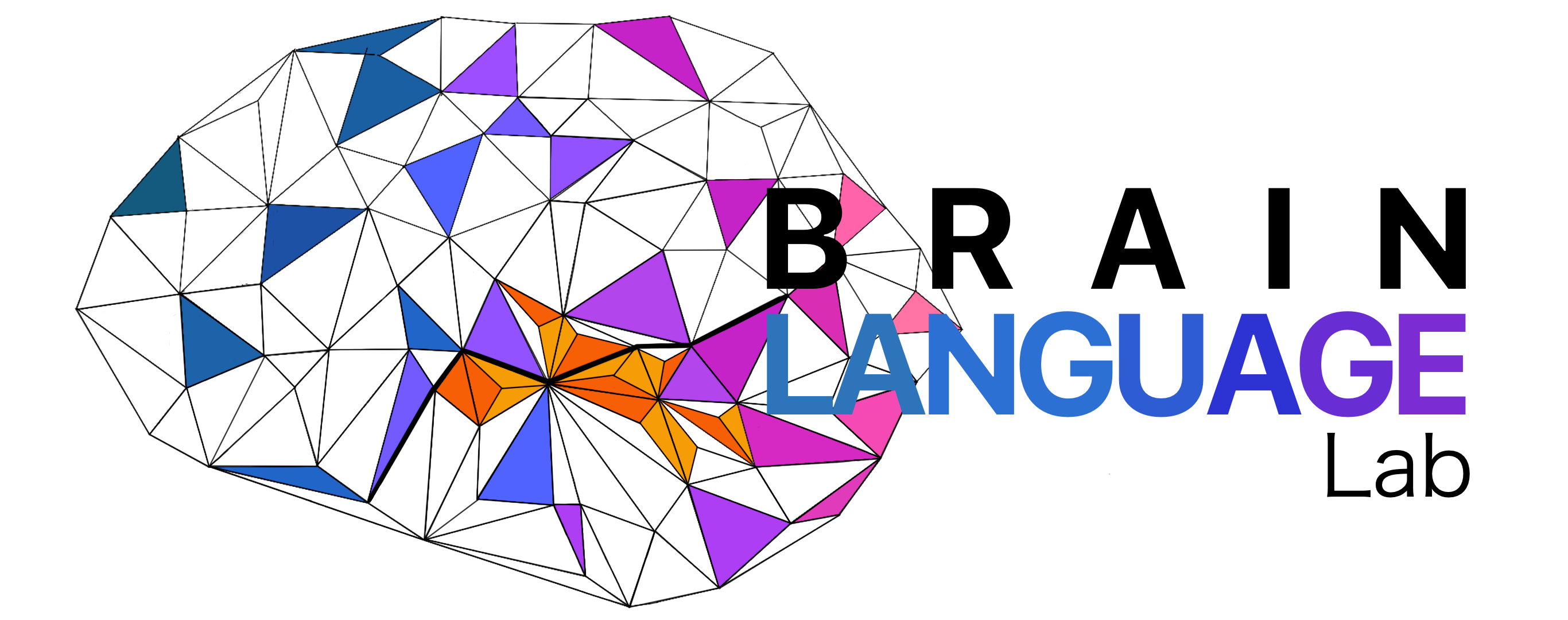
After obtaining a PhD in Applied Linguistics (Psycho-/Neurolinguistics) at the University of Graz, Austria, in 2019, I received a fellowship for postdoctoral researchers from the Humboldt Foundation (2020-2022). During this time, I explored the neurobiology of reading in typical adult readers and adults with dyslexia with combined neurostimulation and functional neuroimaging at the Max Planck Institute for Human Cognitive and Brain Sciences, Leipzig, under the supervision of Prof. Dr. Gesa Hartwigsen. Thereafter, I joined the Department for Cognitive and Biological Psychology at the University of Leipzig, Germany, to work as co-PI in a large-scale project on the modulation of brain networks for memory and learning with neurostimulation. In my specific sub-project, I applied focalised neurostimulation to the left inferior frontal cortex to improve verbal working memory (2023-2024). Besides working in research, I also gained a postgraduate certificate in educational therapy for dyslexia in 2023 and worked as an educational therapist for the Duden Institute in Leipzig from 2023-2024.
I joined the Brain and Language Lab in September 2024 as a postdoc. My main research interests comprise individual differences in language learning, reading and dyslexia and their neurobiological underpinnings. I’m also very interested in mechanisms of adaptive plasticity/compensation in neural networks of language and reading explored through combined non-invasive brain stimulation and neuroimaging. In future research, I hope to provide a more holistic understanding of language and learning disorders, by systematically investigating them from various perspectives (educational, cognitive, linguistic, psychological and neuroscientific) and across all ages (from early child- to late adulthood).
If you’re interested in my research and / or would like to collaborate, feel free to reach out via mail!
Email: sabrina [dot] turker [at] univie [dot] ac [dot] at
Education:
2014-2019 Dr. phil. Applied Linguistics (Psycho-/Neurolinguistics), University of Graz
2010-2014 BA Linguistics, University of Graz
2007-2012 Mag. phil. (Diplom) Teaching Degree English & French, University of Graz
Academic/teaching experience:
2023-2024 (1) Postdoc – Cognitive and Biological Psychology, Leipzig University
DFG-funded project within the research unit MeMoSLAP (www.memoslap.de)
Project: Enhancing verbal working memory by focalized tDCS
(2) Educational therapist for dyslexia – Duden Institute Leipzig
2020-2022 Postdoc – Research Group Cognition and Plasticity, MPI CBS Leipzig
Humboldt Research Fellowship for Postdoctoral Researchers
Project: Exploring the neurobiology of reading and dyslexia with combined
neurostimulation and neuroimaging
2019-2020 Postdoc – Lise Meitner Research Group Cognition and Plasticity, MPI CBS Leipzig
2017-2019 PhD student – Centre for Systematic Musicolocy, University of Graz
DOC-team fellowship of the Austrian Academy of Sciences (ÖAW)
Project: Exploring individual differences in language learning abilities: from linguistic
morphology to brain morphology
2012-2015 Full-time teacher at high schools in Graz, Austria
Previous publications:
Turker, S., Kuhnke, P., Jiang, Z., & Hartwigsen, G. (2023). Disrupted network interactions serve as a neural marker of dyslexia. Communications Biology, 6, Article 1114.
Turker, S., Kuhnke, P., Eickhoff, S., Caspers, S., & Hartwigsen, G. (2023). Cortical, subcortical and cerebellar contributions to language processing: A meta-analytic review of 403 neuroimaging experiments. Psychological Bulletin, 149(11–12), 699–723.
Turker, S., Kuhnke, P., Schmid, F., Weise, K., Knoke, M., Zeidler, B., Seidel, K., Eckert, L., Cheung, V., & Hartwigsen, G. (2023). Adaptive short-term plasticity in the typical reading network. NeuroImage 281, 120373.
Schneider, P., Engelmann, D., Groß, C., Bernhofs, V., Hofmann, E., Christiner, M., Benner, J., Büchner, S., Ludwig, A., Serrallach, B. L., Zeidler, B. M., Turker, S., Parncutt, R. & Seither-Preisler, A. (2023). Neuroanatomical disposition, natural development and training-induced plasticity of the human auditory system from childhood to adulthood: a 12-year study in musicians and non-musicians. Journal of Neuroscience 43 (37), 6430-6446.
Kuhnke, P., Chapman, C. A., Cheung, V. K., Turker, S., Graessner, A., Martin, S., Williams, K. & Hartwigsen, G. (2023). The role of the angular gyrus in semantic cognition: a synthesis of five functional neuroimaging studies. Brain Structure and Function, 228(1), 273-291.
Schneider, P., Groß, C., Bernhofs, V., Christiner, M., Benner, J., Turker, S., Zeidler, B. M., & Seither‐Preisler, A. (2022). Short‐term plasticity of neuro‐auditory processing induced by musical active listening training. Annals of the New York Academy of Sciences, 1517(1), 176-190.
Turker, S., Seither-Preisler, A. & S. M. Reiterer (2021). Examining individual differences in language learning: a neurocognitive model of language aptitude. Neurobiology of Language, 2(3), 389–415.
Turker, S., & G. Hartwigsen (2021). Exploring the neurobiology of reading and dyslexia through non-invasive brain stimulation: A review. Cortex, 141, 97-521.
Turker, S., & Hartwigsen, G. (2022). The use of noninvasive brain stimulation techniques to improve reading difficulties in dyslexia: A systematic review. Human Brain Mapping, 43(3), 1157–1173.
Turker, S., Pu, D. & K. Ballard (2021). Pragmatic and socio-emotional skills in children with developmental language disorder (DLD). Babylonia Journal of Language Education, 2, 52-58.
Turker, S. & S. M. Reiterer (2020). Brain, musicality, and language aptitude: A complex interplay. Annual Review of Applied Linguistics, 41, 95-107.
Turker S., Reiterer, S. M., Seither-Preisler, A. & P. Schneider (2019). Cognitive and behavioural profiles of children with reading disorder and AD(H)D. Scientific Reports, 9(1), 15185.
Turker, S., Reiterer, S. M., Seither-Preisler, A. & P. Schneider (2019). Auditory cortex morphology predicts foreign language learning potential in children and teenagers. Frontiers in Neuroscience, 13, 824.
